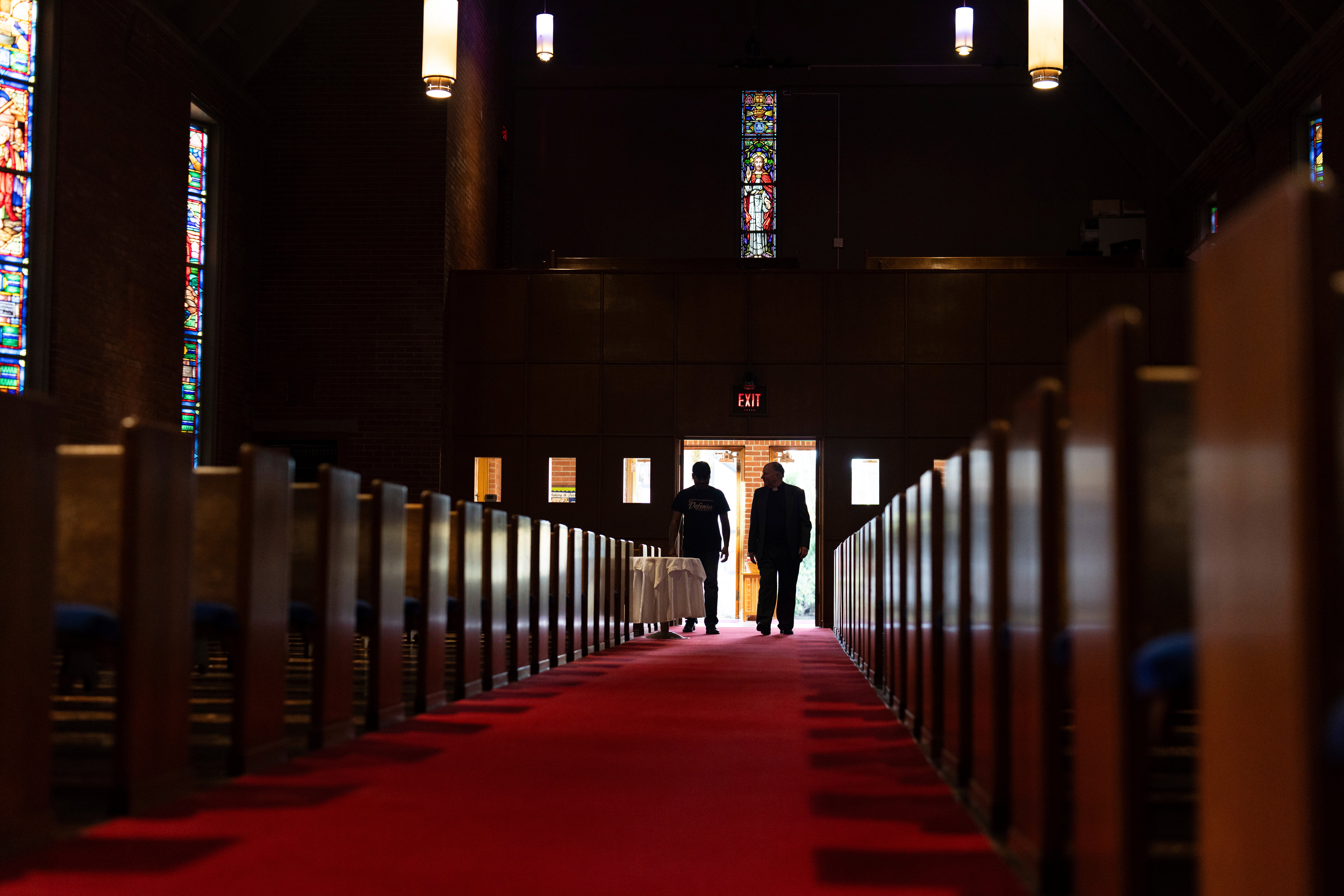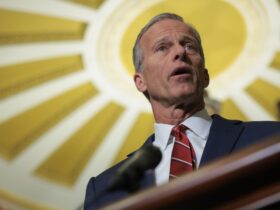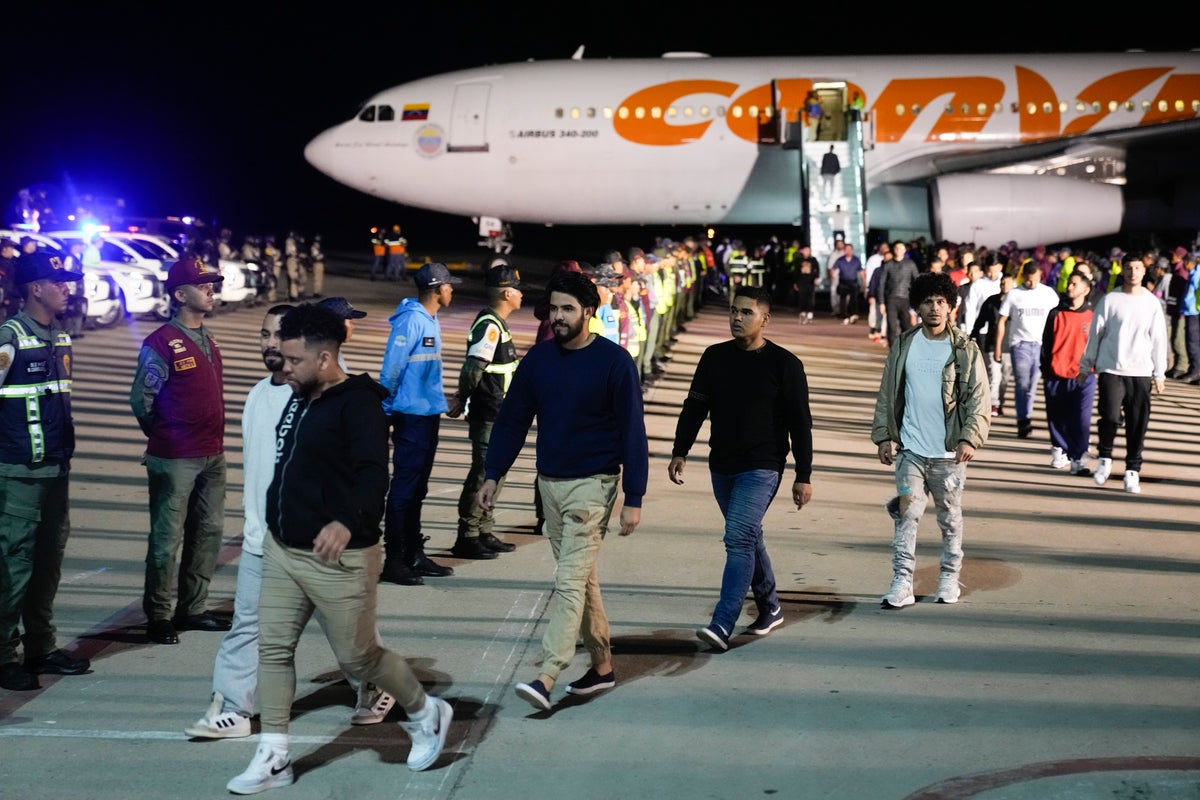Your support helps us to tell the story
From reproductive rights to climate change to Big Tech, The Independent is on the ground when the story is developing. Whether it’s investigating the financials of Elon Musk’s pro-Trump PAC or producing our latest documentary, ‘The A Word’, which shines a light on the American women fighting for reproductive rights, we know how important it is to parse out the facts from the messaging.
At such a critical moment in US history, we need reporters on the ground. Your donation allows us to keep sending journalists to speak to both sides of the story.
The Independent is trusted by Americans across the entire political spectrum. And unlike many other quality news outlets, we choose not to lock Americans out of our reporting and analysis with paywalls. We believe quality journalism should be available to everyone, paid for by those who can afford it.
Your support makes all the difference.
A new report reveals that up to 80 per cent of immigrants facing deportation from the US under the Trump administration’s policies are Christian.
This equates to approximately 10 million Christians vulnerable to removal, with an additional seven million US Christian citizens living in households under threat of deportation.
The report, backed by prominent Catholic and evangelical organizations, utilizes a combination of data sources. These include religious affiliation percentages within migrant and national populations, alongside an advocacy group’s analysis of US census data concerning migrants.
While the report highlights the plight of Christian immigrants, its sponsors emphasize a broader concern for all individuals facing deportation.
“Though we’re deeply concerned about fellow Christians, we’re not exclusively concerned with immigrants who happen to share our faith,”explained Matthew Soerens, vice president of advocacy and policy at World Relief, an evangelical humanitarian organization and co-sponsor of the report.
Soerens, in a video statement, underscored the Christian belief in the inherent dignity of all people, regardless of religion or nationality. He noted, however, that many US Christians may be unaware of the significant number of potential deportees who share their faith.
Other groups that helped produce the report include the National Association of Evangelicals, the U.S. Conference of Catholic Bishops’ Committee on Migration and the Center for the Study of Global Christianity at Gordon-Conwell Theological Seminary in Massachusetts.
While the report doesn’t advocate any political positions, it mainly seeks to raise awareness of the issue among Christians, and some of its sponsoring groups have individually advocated for reforms that would give some categories of immigrants a path to legal status.
Immigrants at risk of deportation range from those who crossed the border illegally to those who may have some sort of legal status that could be revoked. For example, the Trump administration has taken steps to end temporary protected status, held by many from Venezuela and Haiti, as well as humanitarian parole that had been granted for others from those troubled countries as well as Cuba and Nicaragua.
President Donald Trump enjoyed wide support from certain Christian blocs in all three of his campaigns. In 2024, he was supported by about eight in 10 white evangelical Christian voters, about six in 10 white Catholics and just over half of Latino evangelicals, according to AP VoteCast, a sweeping survey of more than 120,000 voters.
While the report doesn’t directly refer to that support, it says it seeks to raise awareness of the potential impact of Trump’s immigration crackdown.
Even the fear of deportation could cause people to avoid going to public places — such as worship services. In an era when a growing number of people in the U.S. don’t have a religious affiliation, many immigrants who are Christian have helped reenergize churches and spur their growth, said Walter Kim, president of the National Association of Evangelicals.

“They’re coming from parts of the world where the church is actually thriving,” Kim said. “Not only are they bringing that thriving faith and contributing to America, they’re also contributing to the vibrancy of the church in America.”
Mass deportation would amount to a government-fostered “church decline strategy,” Kim said.
Kim said his organization has long advocated for reforms that would distinguish between those convicted of violent crimes and “the much larger share of immigrants who are contributing to our communities and to our churches, and who are serious and eager” to stay in the country.
Many studies have found immigrants are less drawn to violent crime than native-born citizens.
The recent report said Catholics in particular represent more than half of all those vulnerable to deportation in the United States, noted Bishop Mark Seitz, chair of the Committee on Migration of the bishops’ conference.
The deportations would likely separate family members, Seitz said.
“We know the impact of tearing apart the family unity and also the tremendous threats that are faced by people who are summarily deported to their home countries, which they fled in the first place because of the tremendous threats they were living under there,” said Seitz, who heads the Diocese of El Paso, Texas.
They face danger from government oppression and organized crime in their home countries, Seitz said.
“People are going to die if this deportation effort continues at the level it is,” he said.
The report’s methodology included calculating the percentages of Catholics, evangelicals and other Christian groups in the countries from which immigrants originated, based on self-reported affiliations. The report then applied those percentages to immigrant populations within various categories of immigrants.
While such methods include numerous assumptions, many regions of origin for major immigrants and refugee groups, including Latin America, sub-Saharan Africa and Ukraine, have large Christian populations.
















Leave a Reply